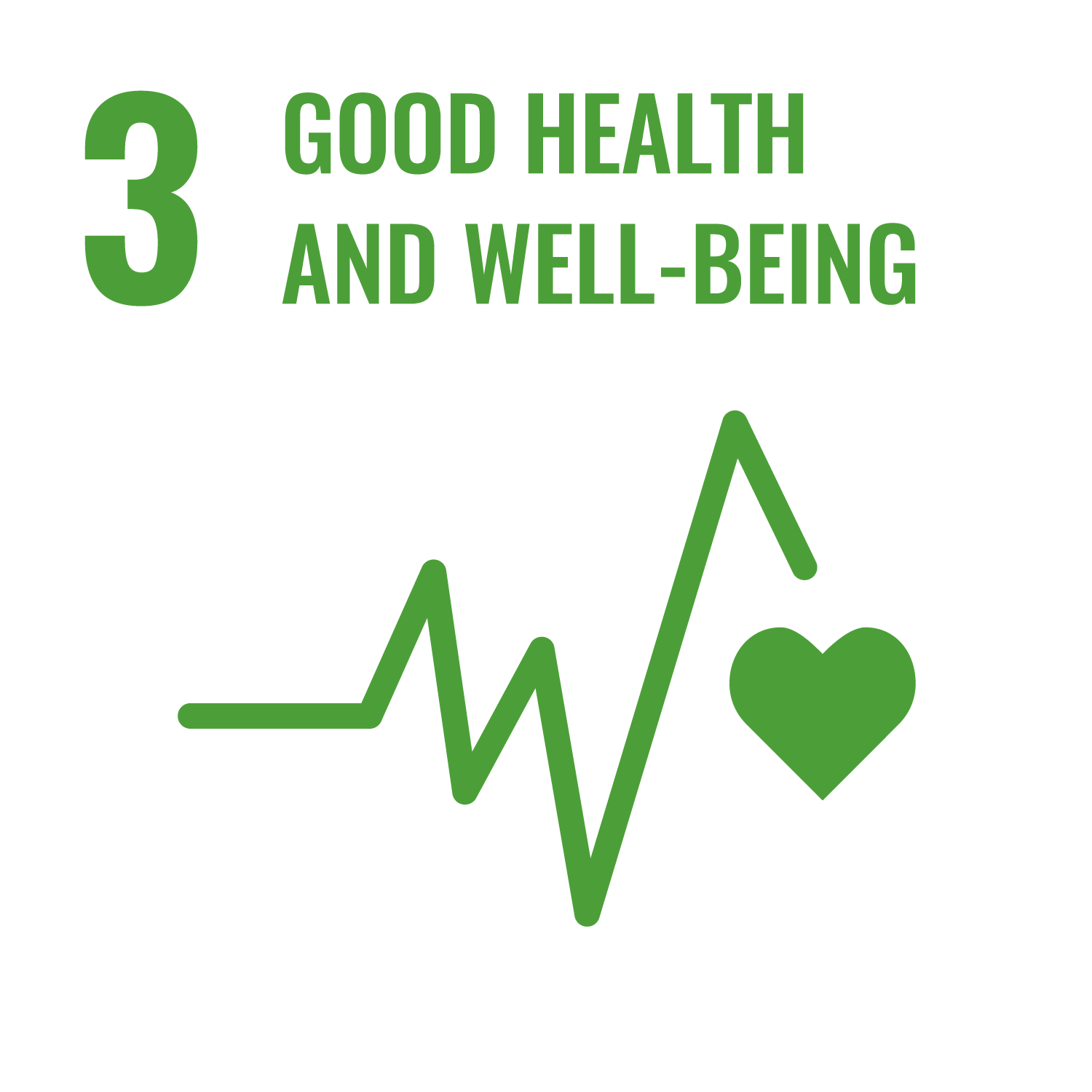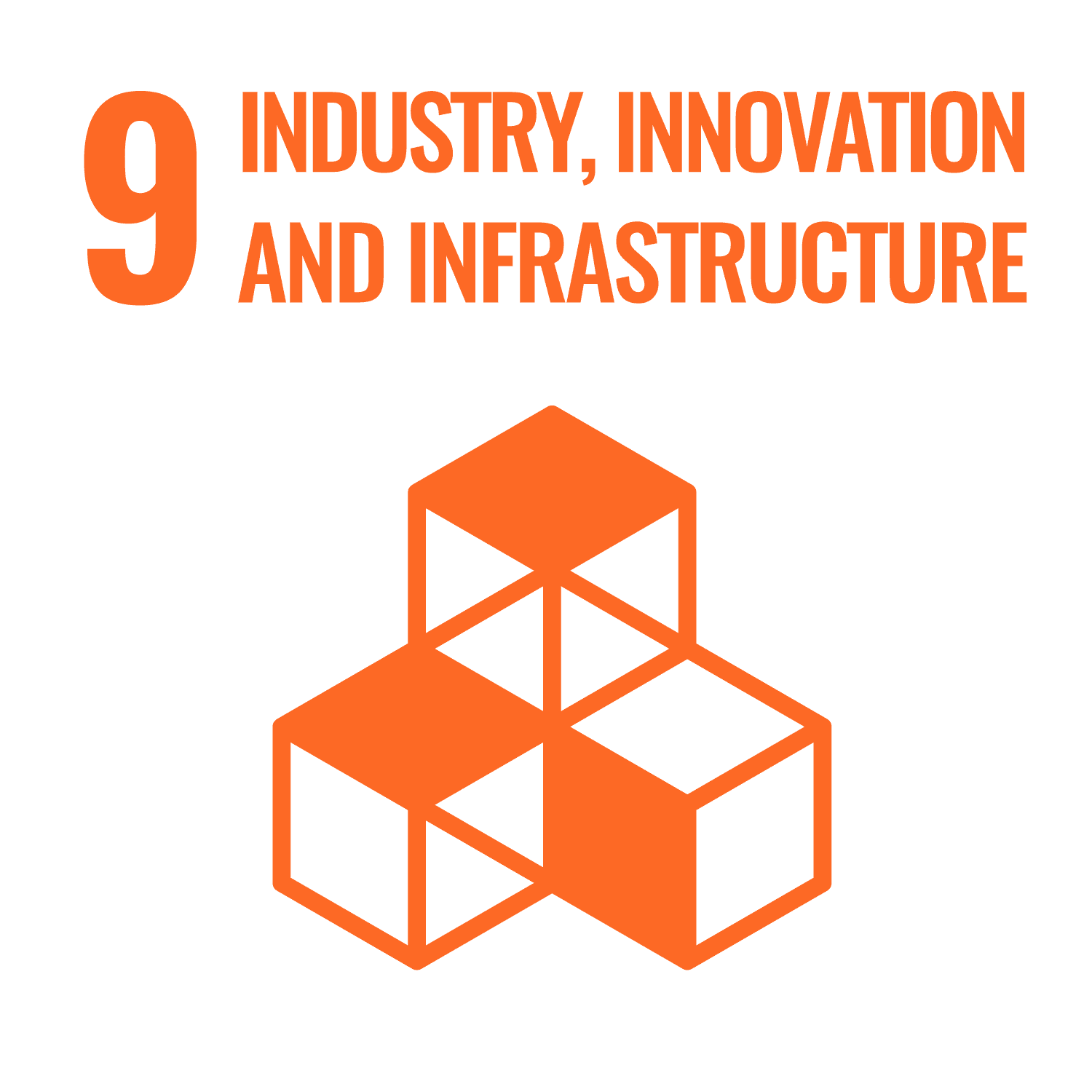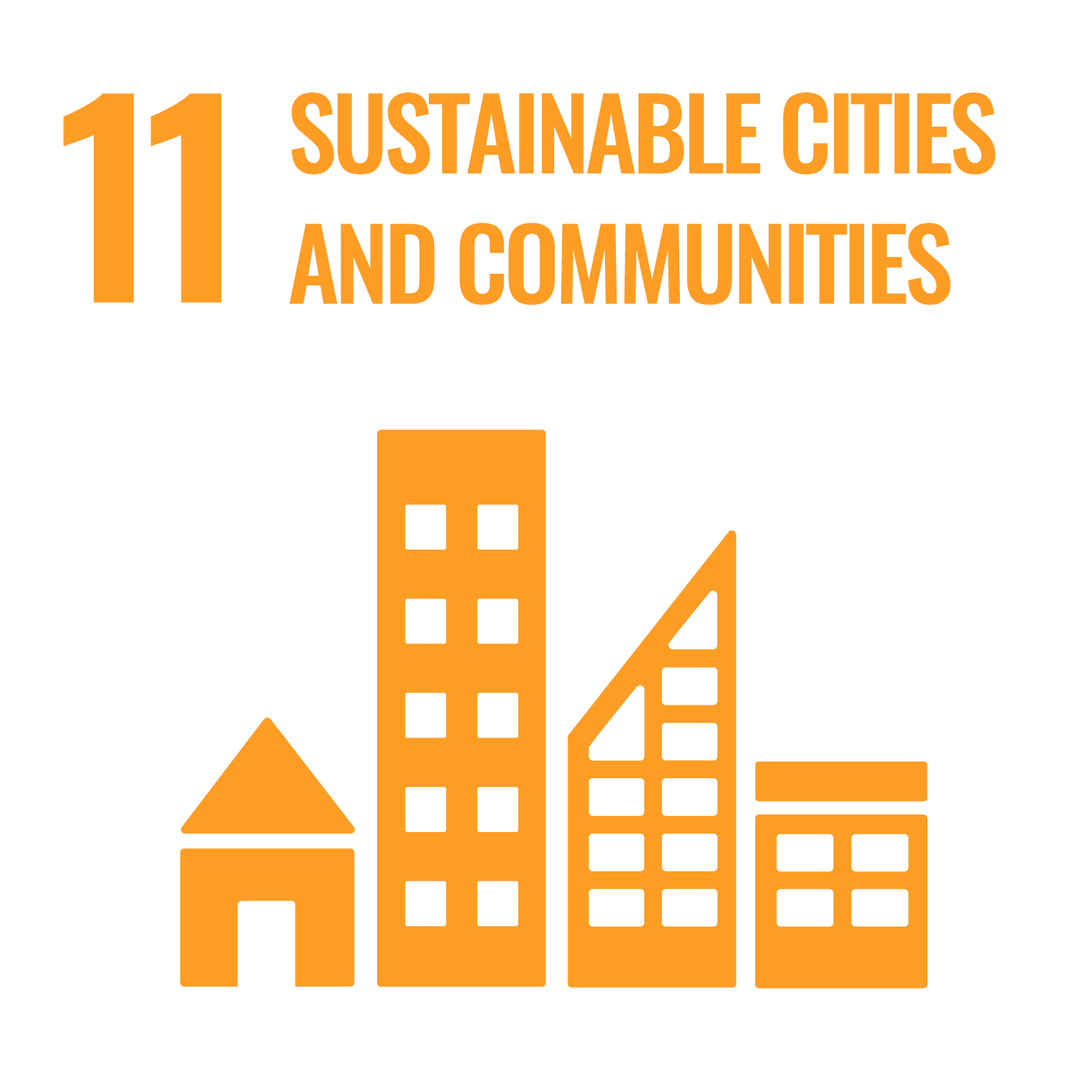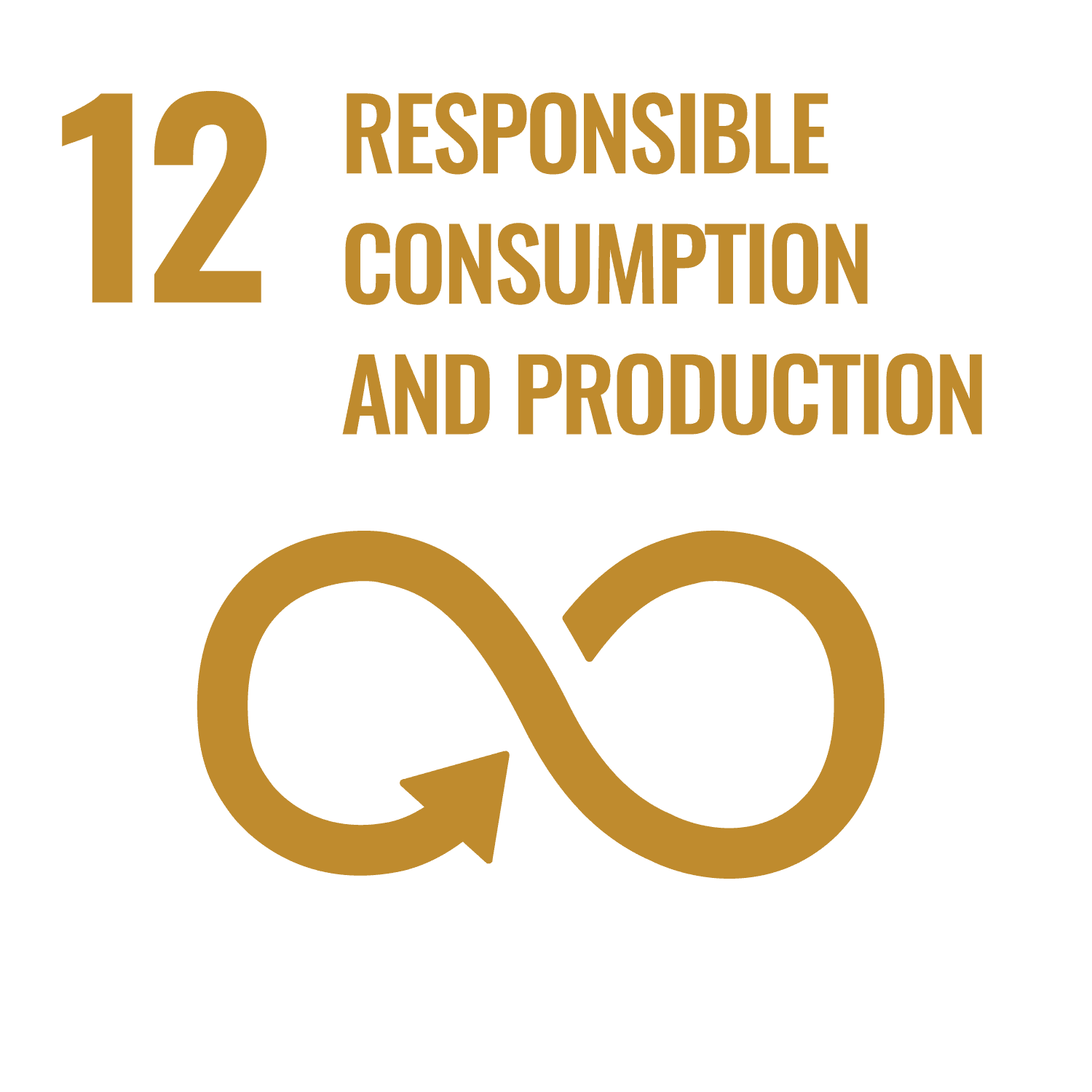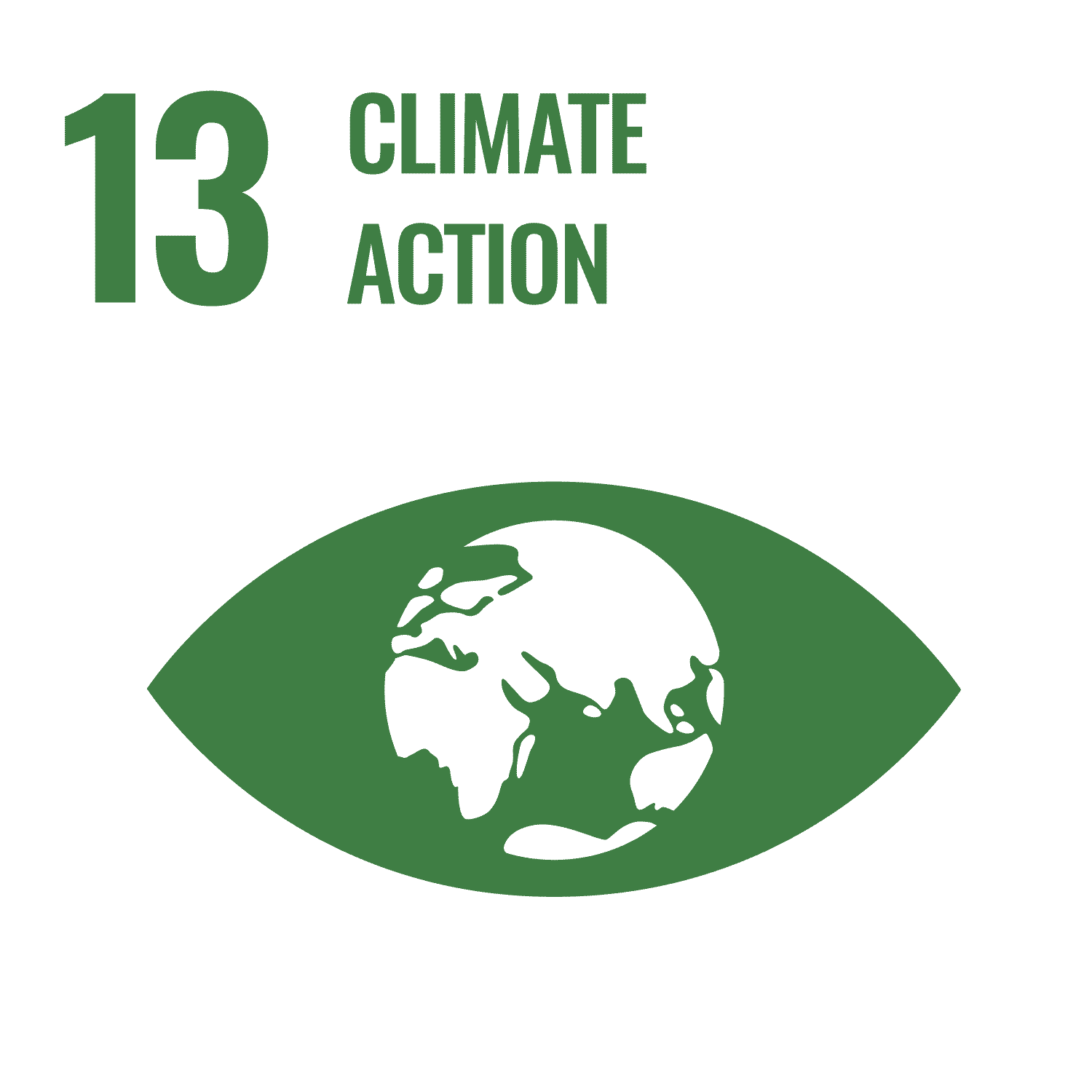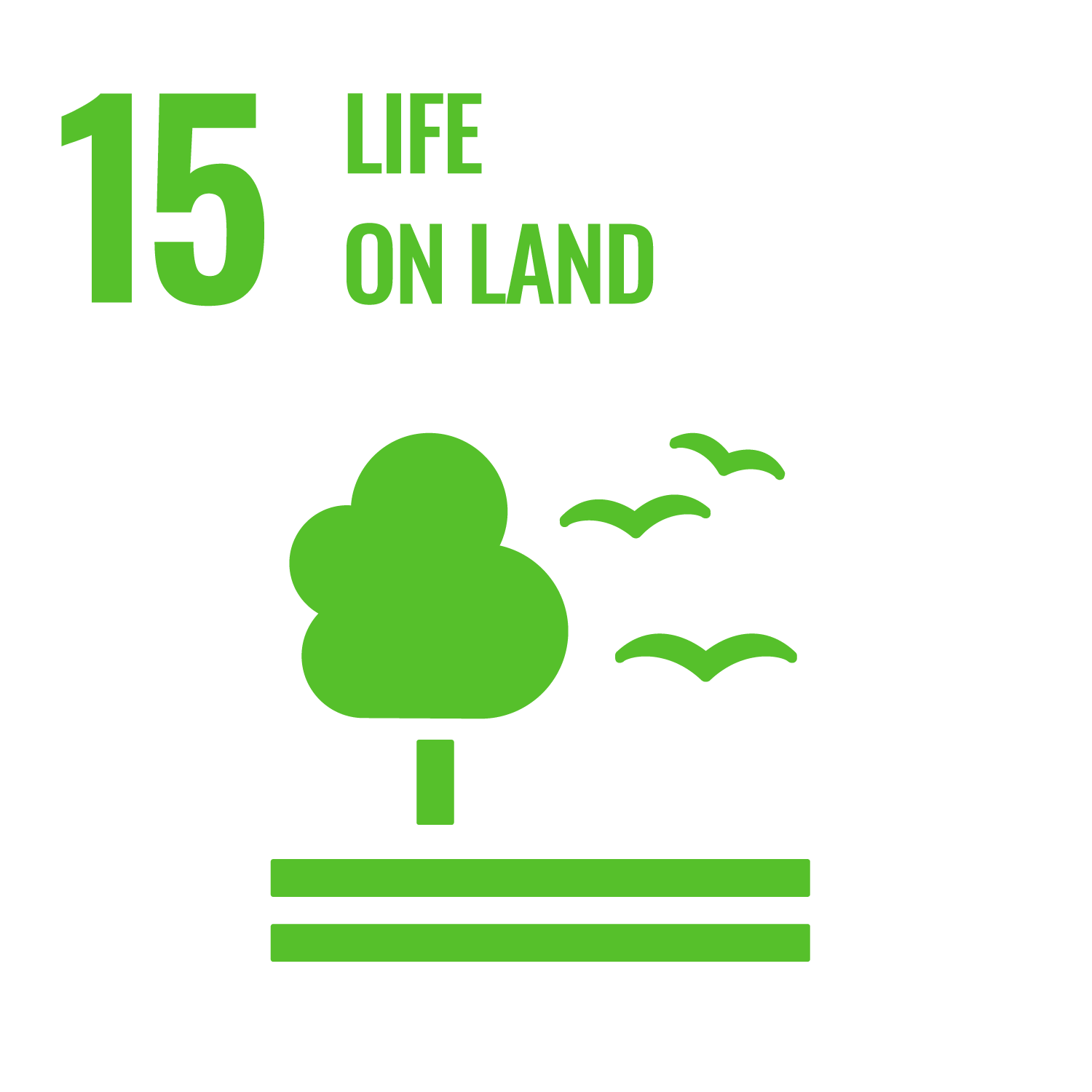Tradewater's mission
From the start, Tradewater's mission is to provide climate solutions addressing the most urgent problems–no matter how challenging they are.
Our approach to addressing climate change
We use a business-based approach that fully oversees the process of finding, securing, and mitigating super pollutant gases all around the world. Our high-impact work produces high-integrity carbon credits that are verified by third-parties and fund our positive reinvestment strategy.
According to the Intergovernmental Panel on Climate Change (IPCC), we must cap global warming at 1.5 degrees Celsius above pre-industrial levels to avert disastrous climate consequences. That requires us to immediately stabilize and cut greenhouse gas emissions nearly in half by the early 2030s and reach net zero emissions by the 2050s, according to Project Drawdown.
Unfortunately, we are already behind.
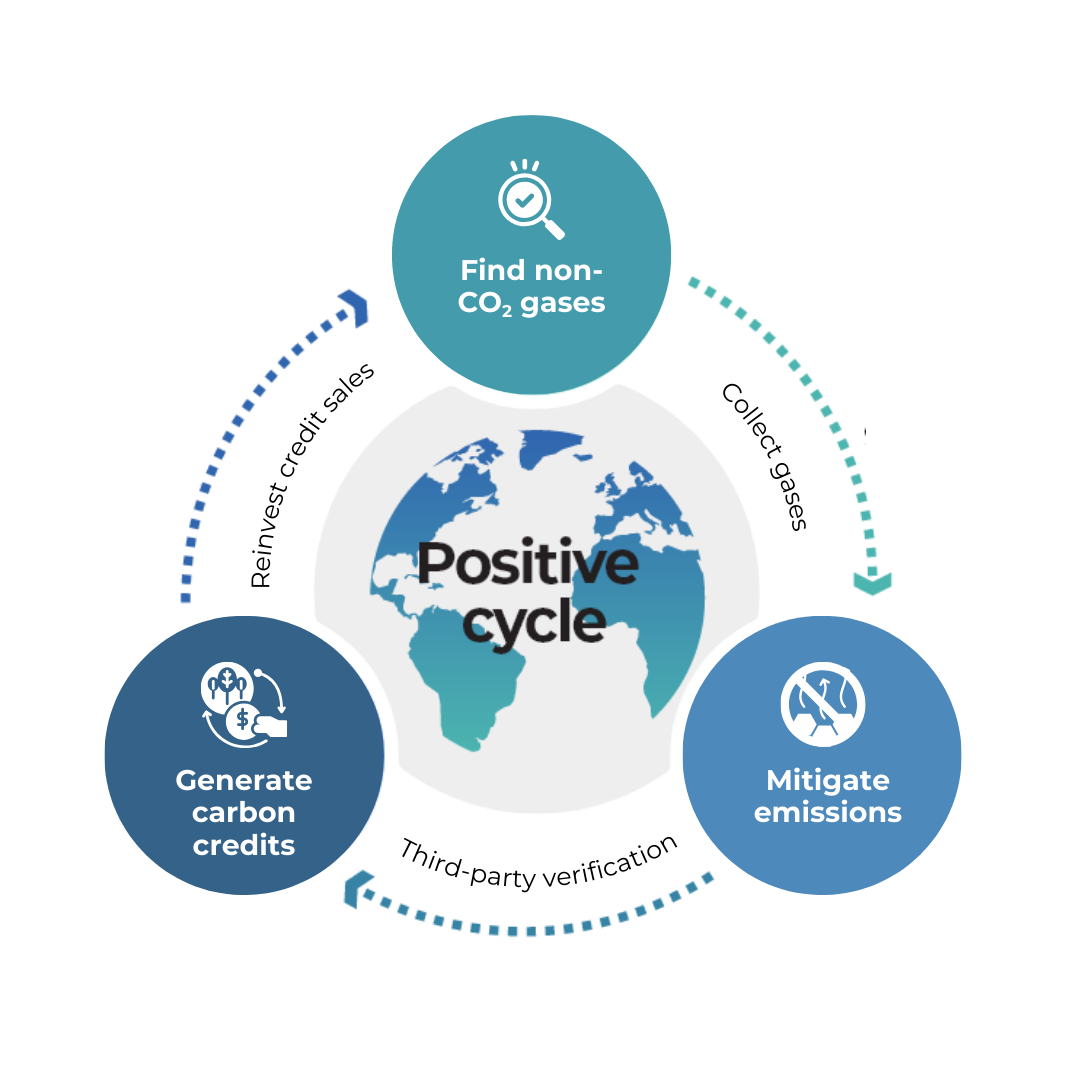
The most effective way to get back on track is to tackle super pollutant gases. These gases are far more potent—up to 16,200 times more—than CO2 and once released cannot be recovered. There are no second chances.
Tradewater was founded because we realized that this work is hard, no one else was doing it, and these super pollutant gases are challenging to locate. They could be found anywhere from forgotten cylinders squirreled away in a shed in Chile or leaking from an orphaned oil well hidden in a field in Indiana.
We find these gases, mitigate them and then sell carbon offset credits to fund our work to find even more gases. Every credit purchased today enables us to find and mitigate more gases tomorrow.
Learn more about why this work matters in our most recent white paper.
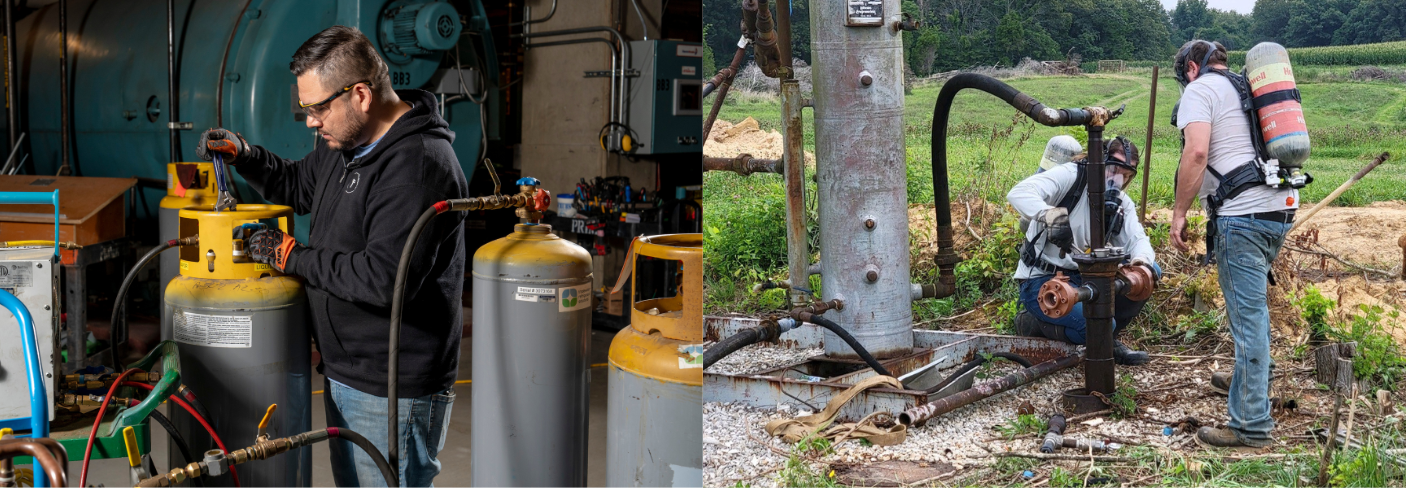
What are super pollutant gases?
Super pollutant gases are a group of powerful greenhouse gases that have a much higher global warming potential (GWP) than carbon dioxide (CO2), but remain in the atmosphere for a shorter period of time. These short-lived climate pollutants, otherwise known as non-CO2 gases, are some of the most harmful gases in existence and are responsible for accelerating near-term climate change.
Our high-impact strategy focuses on reducing halocarbon and methane gases, creating immediate climate benefits that effectively slow down global warming.


